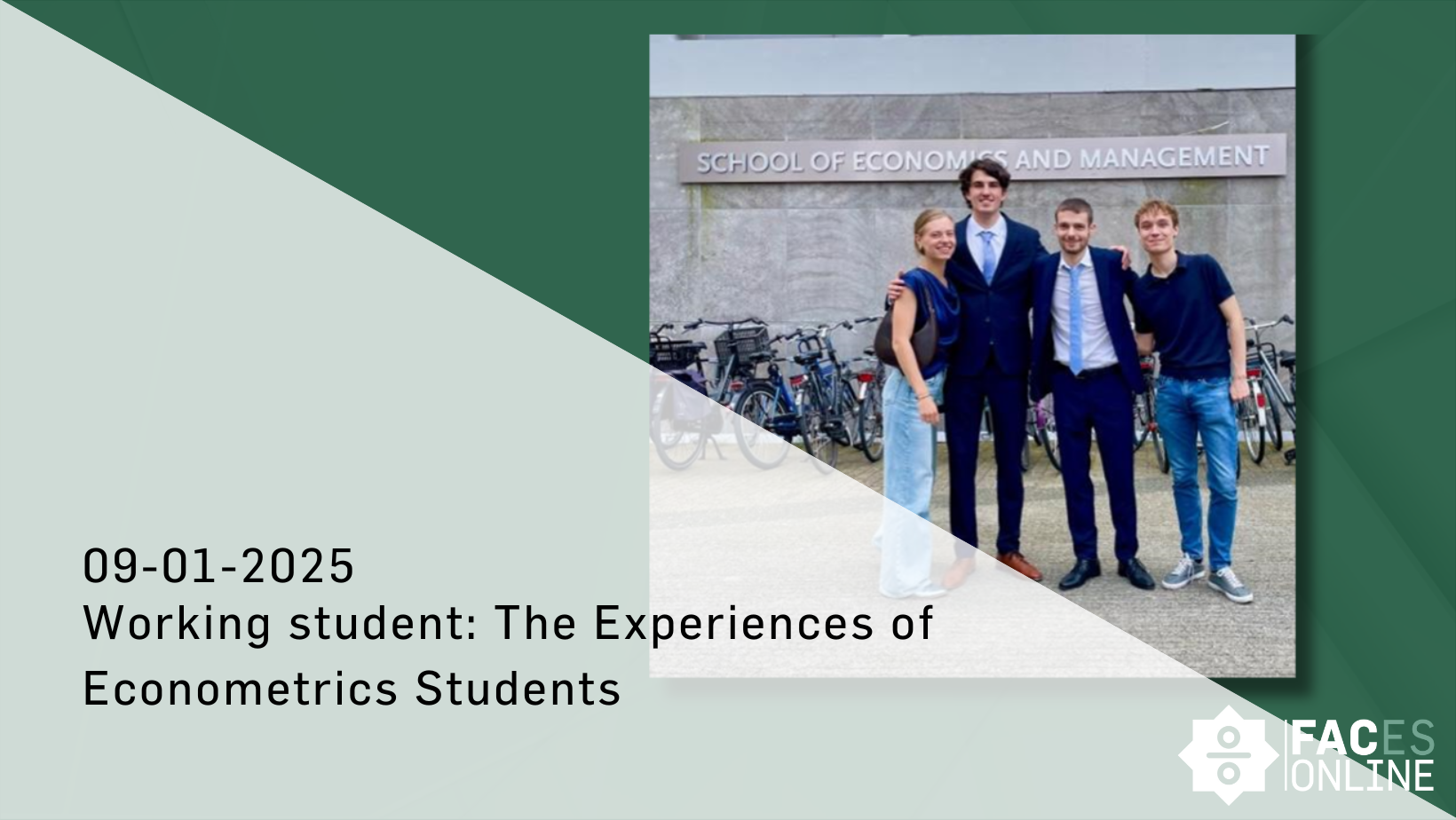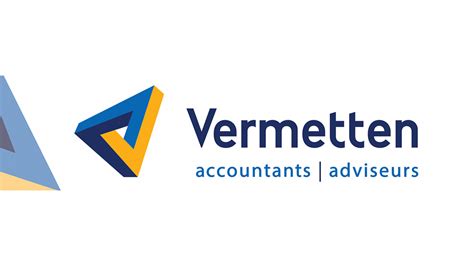In this edition, we feature the experiences of three students who have successfully navigated the world of working student jobs. Their stories offer a look at the challenges and rewards of balancing academic commitments with professional responsibilities, providing valuable advice for anyone considering a similar path.
Willem Timmerman spent a year at a data consultancy firm. Patrick van Ewijk worked for six months at a Dutch bank in the Market Risk & Capital Performance team. Paul de Moor gained valuable experience over a year at a Dutch public company specializing in life insurance, pensions, and asset management. Dive into their stories and find out how a working student job can shape your future career.
Name: Willem Timmerman
Studies (bachelor/master): BSc Econometrics / MSc Quantitative Finance and Actuarial Science
Type of company you worked at: Data consultancy
Team/field within company: Data Science/Engineering Consulting
Duration of working student job: One year
Can you tell us about the role you had as a student assistant or working student? What were your main responsibilities?
In my role as a working student, I was primarily responsible for developing tools using Python and PowerApps. My focus was on programming, which I found to be engaging and stimulating.
How did you find the opportunity to become a student assistant/working student? Was it something you actively sought, or did it come about unexpectedly?
I discovered the opportunity during the Landelijke Econometristen Dag (LED), a national event for econometricians. I talked to representatives from the company, which led to the opportunity to join their team.
How did balancing your academic work and the job impact your daily life and study routine?
Balancing my academic responsibilities with my job was quite manageable during my master’s program. The flexibility of my master’s schedule, which included fewer lectures, made it easier to integrate my work commitments. While there were occasional challenges, particularly when lectures and work deadlines coincided, the experience was overall beneficial.
What specific skills have you gained from being a student assistant or working student that you believe will benefit you in your future career?
Through my role, I really improved my professional business skills, including communication, teamwork, and problem-solving. Additionally, this experience helped me clarify my career aspirations. I realized that consulting was not the path I wanted to pursue for my first job. Instead, I gained a clearer understanding of my interests and strengths, which will guide my future career decisions.
Name: Patrick van Ewijk
Studies (bachelor/master): BSc Econometrics / MSc Quantitative Finance and Actuarial Science
Type of company you worked at: A Dutch bank
Team/field within company: Market Risk & Capital Performance
Duration of working student job: Six months
Can you tell us about the role you had as a student assistant or working student? What were your main responsibilities?
My responsibilities included daily reporting tasks and project work. Daily tasks involved identifying trading books responsible for significant changes in Value-at-Risk metrics, ensuring timely sign-off of risk data, and contacting stakeholders to explain these changes in a daily report. On the project side, I developed a reporting tool in Python and performed the annual estimation of parameters in the Market Risk Economic Capital model.
How did balancing your academic work and the job impact your daily life and study routine?
I started during a flexible period when I was writing my bachelor thesis, working three days a week without negatively impacting my studies. The job added a practical dimension to my career. However, during my master’s, it was harder to balance due to unrecorded courses, so I limited my course load in the first block to manage both commitments effectively.
Were there any specific moments or projects that made you feel proud of your work in this role?
I was proud of leading the annual estimation of parameters in the Market Risk Economic Capital model, especially after cleaning two years of data due to previous mistakes. This project allowed me to think about the modeling form, which attracted me as an econometrician. It also made me realize my passion lies more with model development than reporting alone.
How would you describe the work culture at your job as a working student? Was it supportive or challenging in a positive way?
The work culture was pleasant and collaborative. I communicated primarily with friendly and helpful team members and responsive stakeholders. However, I was only occasionally in touch with my manager, and the team lacked mathematical modeling expertise, making it difficult to get assistance with some Model Validation findings related to the Market Risk Economic Capital model.
Name: Paul de Moor
Studies (bachelor/master): BSc Econometrics / MSc Quantitative Finance and Actuarial Science
Company you worked at: A Dutch public company for life insurance, pensions, and asset management
Team/field within company: Life insurance
Duration of working student job: One year
How did you find the opportunity to become a student assistant/working student? Was it something you actively sought, or did it come about unexpectedly?
I discovered the job opportunity through LinkedIn. During the third year of my Bachelor’s program, I initially planned to go on an exchange in the first semester. However, due to the COVID-19 pandemic, I postponed this exchange to the second semester. Upon returning from my exchange, I had only a few components of my BSc left to complete. At that point, I was eager to gain practical experience in my field of study and see what an actual job in the industry would be like.
How did balancing your academic work and the job impact your daily life and study routine?
Balancing my academic work with the job required careful planning and dedication, often necessitating extra study hours during the weekends. Fortunately, the company provided flexibility in working hours, allowing me to attend my lectures. One significant advantage of a working student position is that it eliminates the need for a side job on weekends, enabling me to allocate that time to my university work.
What specific skills have you gained from being a student assistant or working student that you believe will benefit you in your future career?
One of the most valuable aspects of a working student position is the opportunity to apply the techniques and knowledge acquired during studies in a practical setting. Personally, I am not the most extroverted person, so this experience significantly improved my presenting skills. Presenting my work projects to my team helped me become more confident and effective in communicating my ideas.
















